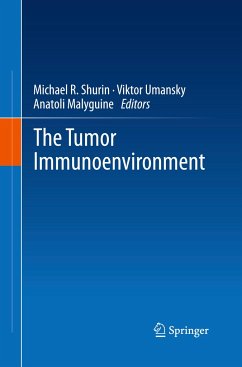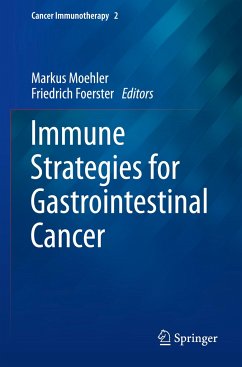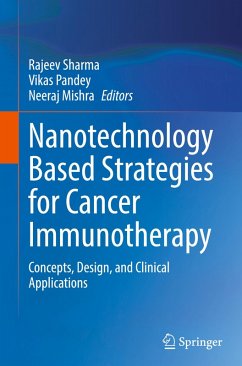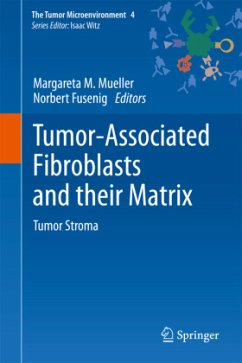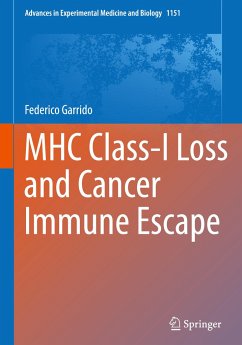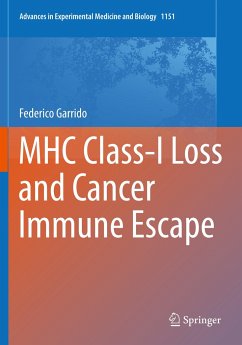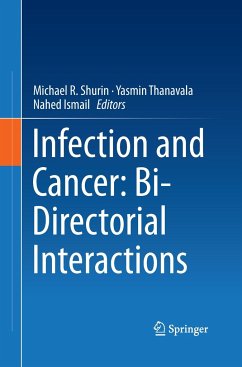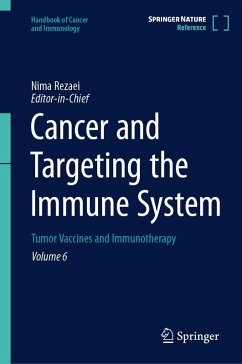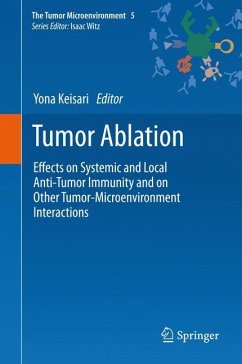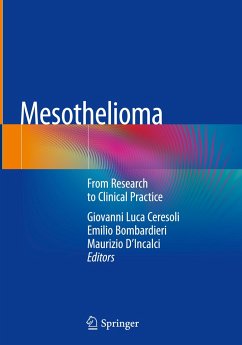
The Tumor Immunoenvironment

PAYBACK Punkte
76 °P sammeln!
Analysis of multidirectional immunological responses at the tumor site allows forming a new concept of The Tumor Immunoenvironment, which is introduced and discussed in the present book with a particular focus on the role of immune cells in controlling the tumor microenvironment at different stages of cancer development. The main goal of this publication is to provide an overview of the current knowledge on the complex and unique role of the immune system, tumor-associated inflammation and tumor-mediated immunomodulation in cancer progression in a way that allows understanding the logistics of...
Analysis of multidirectional immunological responses at the tumor site allows forming a new concept of The Tumor Immunoenvironment, which is introduced and discussed in the present book with a particular focus on the role of immune cells in controlling the tumor microenvironment at different stages of cancer development. The main goal of this publication is to provide an overview of the current knowledge on the complex and unique role of the immune system, tumor-associated inflammation and tumor-mediated immunomodulation in cancer progression in a way that allows understanding the logistics of cellular and molecular interactions in the tumor lesions.





